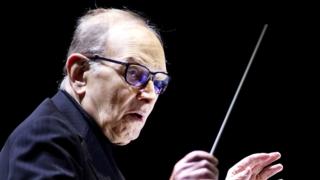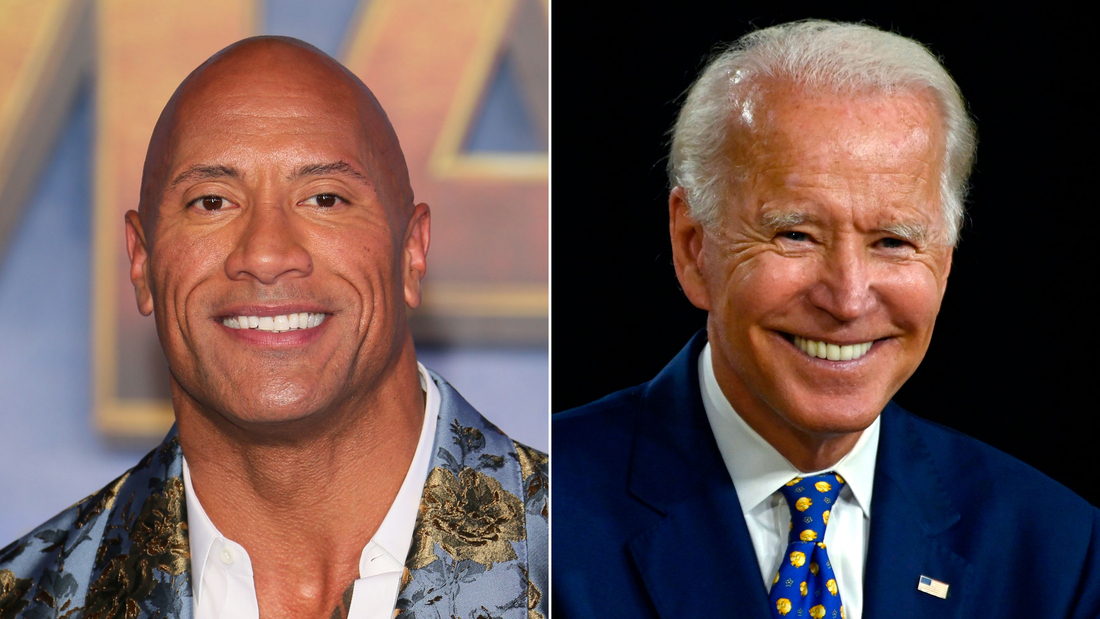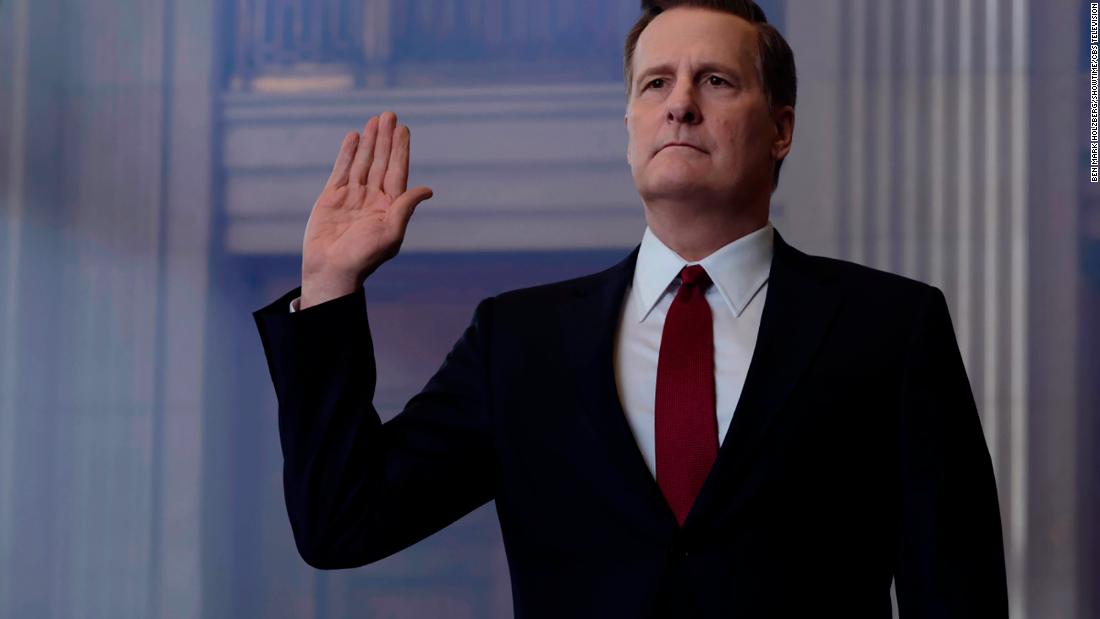 Image copyright
EPA
Image caption
Ennio Morricone conducting in Amsterdam in 2016
Image copyright
EPA
Image caption
Ennio Morricone conducting in Amsterdam in 2016
Ennio Morricone, the Italian composer whose credits include the "spaghetti" Westerns that made Clint Eastwood a star, has died in Rome aged 91.
According to Italian news agency Ansa, he died in hospital having fractured his femur in a fall some days ago.
The prolific composer also wrote music for Once Upon a Time in America, The Untouchables and Cinema Paradiso.
Having received an honorary Oscar in 2007, he went on to win one in 2016 for Quentin Tarantino's The Hateful Eight.
Morricone, who was simply known as "Maestro" in his home town of Rome, scored more than 500 films over seven decades.
Image copyright AFP Image caption He won an Oscar after scoring Quentin Tarantino's The Hateful EightYet he remains best known for the haunting melodies he wrote for the trilogy of 1960s westerns Sergio Leone made with the then little-known Eastwood.
A Fistful of Dollars, For a Few Dollars More and The Good, the Bad and the Ugly centred around Eastwood's taciturn gunslinger, known as "The Man With No Name".
Leone called the composer's contributions "indispensable" and would have him write the score before shooting so he could design his shots around Morricone's contributions.
Eastwood went on to direct Westerns himself, including the Oscar-winning Unforgiven, but Morricone did not write music for them out of loyalty to Leone.
In a 2014 interview with the BBC's arts editor Will Gompertz he expressed regret for his decision, admitting he had missed out on "a great opportunity".
Media playback is unsupported on your device
Before his win for The Hateful Eight, Morricone received Oscar nominations for Days of Heaven, The Mission, The Untouchables, Bugsy and Malena.
His death was marked by Italian health minister Roberto Speranza, who tweeted: "Adieu maestro, and thank you for the emotions you gave us."
Follow us on Facebook, or on Twitter @BBCNewsEnts. If you have a story suggestion email entertainment.news@bbc.co.uk.

 5 years ago
857
5 years ago
857 

